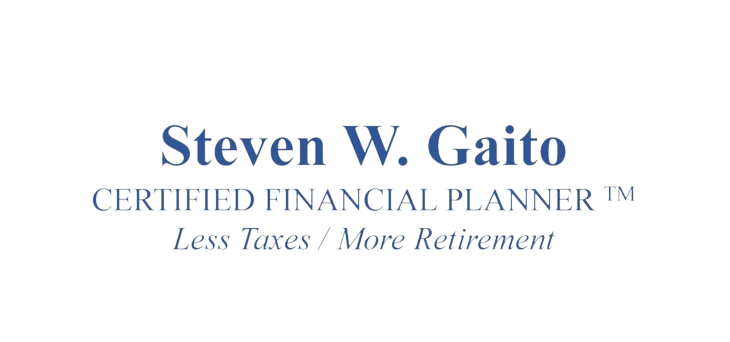Retirement is a time to enjoy the fruits of your labor, bask in the rewards of a life well-lived, and spend quality time with loved ones. Yet, while planning for your golden years, an often-overlooked factor is rising taxes, which can significantly impact your legacy and financial security. Fortunately, estate planning offers a powerful tool to protect your estate from the impact of escalating taxes in retirement.
The Challenge of Rising Taxes
In recent years, the financial landscape has witnessed a steady increase in taxes, and retirees are not immune to this trend. From income taxes to estate taxes and everything in between, taxes can erode your hard-earned wealth and reduce the assets you wish to pass on to your heirs.
The Importance of Estate Planning
Estate planning is a comprehensive strategy that ensures assets align with wishes, minimizes taxes, and safeguards legacy. When it comes to protecting your estate from rising taxes in retirement, here are some key steps to consider:
1. Create a Will:
A well-drafted will is the foundation of your estate plan. It outlines how your assets should be distributed upon your passing, allowing you to exert control over the destiny of your estate and potentially reduce tax liabilities.
2. Establish Trusts:
Trusts can be invaluable tools for minimizing estate taxes. Irrevocable trusts, charitable remainder trusts, and other trust structures can help shield assets from taxation while providing for your loved ones and favorite causes.
3. Gift and Inheritance Planning:
Gifting assets to your heirs during your lifetime can help reduce your taxable estate. Take advantage of annual gift tax exclusions and consider a strategic gifting plan to transfer wealth efficiently.
4. Retirement Account Strategies:
Properly structured retirement accounts can provide tax benefits to both you and your beneficiaries. Consider Roth conversions, which can minimize tax implications for your heirs while maximizing your estate’s tax efficiency.
5. Long-Term Care Planning:
Rising healthcare costs, particularly long-term care expenses, can pose a significant financial burden in retirement. Planning for long-term care insurance or Medicaid eligibility can help protect your estate from being depleted by healthcare costs.
6. Seek Professional Guidance:
Estate planning is a complex endeavor, and tax laws are continually evolving. Consulting a qualified estate planning attorney or financial advisor is essential to craft a customized plan aligning with your goals and ensuring compliance with the latest tax regulations.
Conclusion
As you approach retirement, it’s crucial to consider the impact of rising taxes on your estate and take proactive steps to protect your legacy. Estate planning offers a powerful solution to minimize tax liabilities, ensure your assets are distributed as you wish, and provide financial security for your heirs.
By early estate planning and staying abreast of tax law changes, navigate retirement taxation complexities, safeguard wealth, and leave a lasting legacy. Remember, a well-thought-out estate plan not only protects your assets but also provides peace of mind for you and your loved ones.
If you are interested in learning more, contact my assistant Morgan to set up your free initial consultation today. Email my assistant Morgan at Morgan.wylie@retirerm.com or call the office at (828)559-0299. Get started with your estate plan today!
